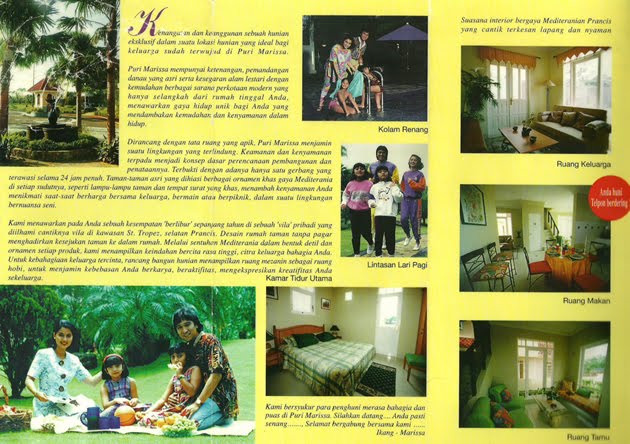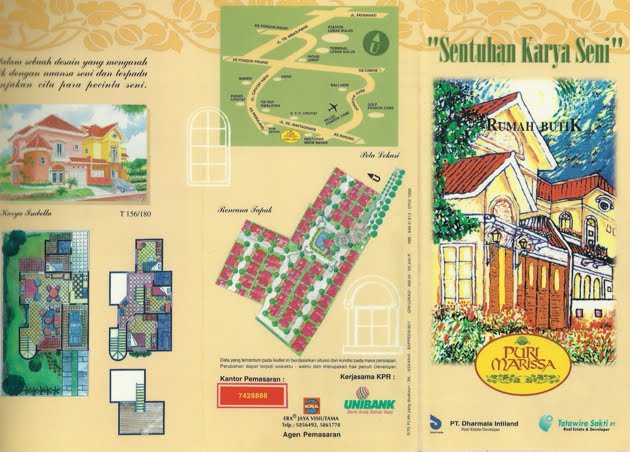Ikang Fawzi: Dua jam membaca
Oleh Rahmayulis Saleh
- Ikang Fauzi (antara)
Musisi dan penyanyi rock Indonesia ini sejak kecil sudah akrab dengan buku. Sebagai anak seorang diplomat yang sering mengikuti tugas ayahnya di beberapa negara, Ahmad Zulfikar Fawzi atau lebih dikenal dengan nama Ikang Fawzi, menjadikan buku dan berkesenian sebagai pengisi waktu luangnya selain belajar.
Laki-laki kelahiran Jakarta, 23 Oktober 1959, ini menghabiskan masa kecilnya di luar negeri. Dia menjalani sekolah taman kanak-kanak (TK) dan sekolah dasar di Belgia dan Jepang, mengikuti ayahnya Fawzi Abdulrani, yang waktu itu menjadi diplomat.
Kebiasaannya membaca buku sejak kecil itu, menurut Ikang, telah membuka dan menambah wawasannya. Dan kegiatan itu terus berlanjut hingga sekarang sampai dia sudah menikah dengan artis Marissa Grace Haque, dan memiliki dua putrid yang sudah beranjak dewasa.
“Setiap hari saya terbiasa membaca sampai dua jam, waktunya bisa kapan saja. Saat ini yang banyak saya baca buku-buku tentang ekonomi dan gaya hidup,” ungkap Penyanyi Rock Terbaik versi Majalah Gadis pada 1986 ini.
Menurut Ikang, hobinya membaca tersebut juga diikuti oleh isterinya dan kedua anaknya. Di rumahnya saat tersedia dua buah perpustakaan, dengan ribuan judul buku.
“Isinya macam-macam sesuai dengan bacaan kesenangan masing-masing keluarga. Untuk saya lebih suka baca masalah ekonomi,” ujar Duta On Clinic ini di Jakarta beberapa waktu lalu di sela-sela seminar yang diadakan On Clinic.
Selain membaca, ternyata sejak kecil Ikang juga suka berkesenian. Darah seni mengalir dari ayahnya, yang dulu pemain Hawaiian, pencipta lagu, dan penyanyi. Ayahnya selalu mendorong Ikang untuk berkesenian, dan saat berusia 10 tahun, dia dimasukkan ke Yamaha Musik di Jepang untuk kursus privat electone dan drum.
Ikang juga dimasukkan ke klub belajar beladiri. Saat di Jepang dia belajar karate. Setelah kembali ke Indonesia, dia menekuni pencak silat. Tak heran walau sudah berusia di atas 50 tahun, tubuhnya masih tetap energik dan bugar.
Menurut Ikang yang juga pengusaha properti ini, memperhatikan gaya hidup menjadi sangat penting, terutama dalam mejalani pola hidup sehat, dan selalu berupaya melakukan hal-hal yang positif.
Setiap hari dia berusaha menghindari makanan yang banyak lemak, dan berenang di rumahnya dua hari sekali, masing-masing satu jam. “Dulu saya juga olahraga barbel, tapi di usia sekarang ini paling cocok bagi saya adalah berenang, mengonsumsi makana sehat, dan baca buku, serta bermusik,” ungkap Ikang yang alumni master MBA (S2) di UGM Yogyakarta ini. (MSU)
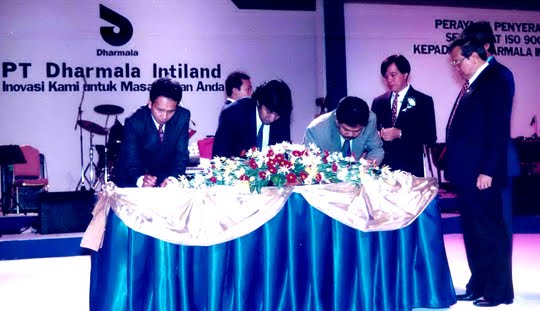
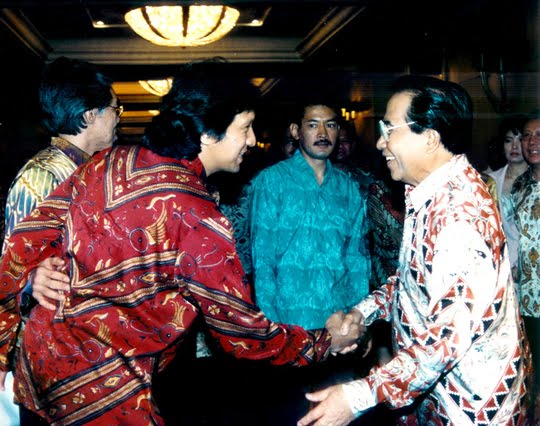
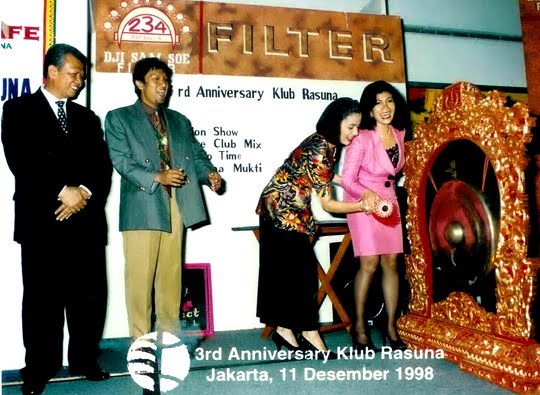
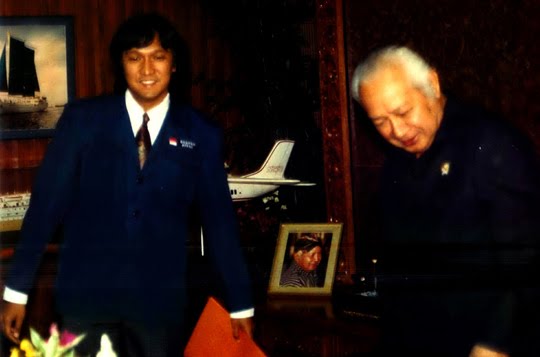
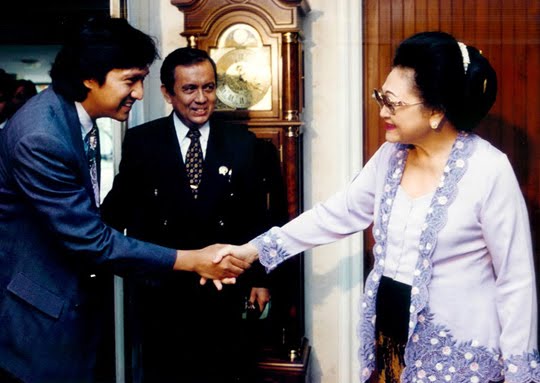



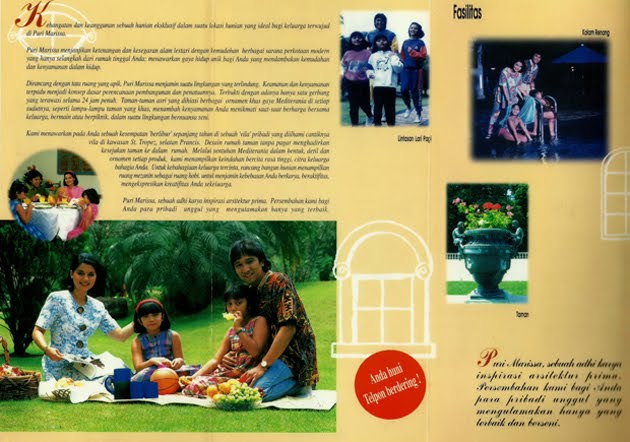



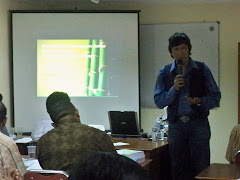










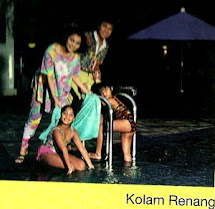

















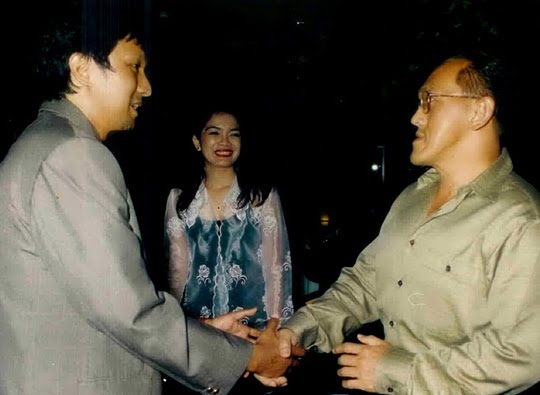
+Ekki+Syahruddin+(Golkar+Banten)+Duta+Besar+Canada.jpg)




